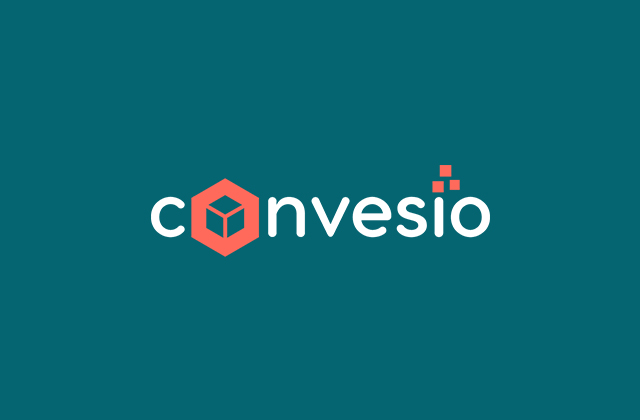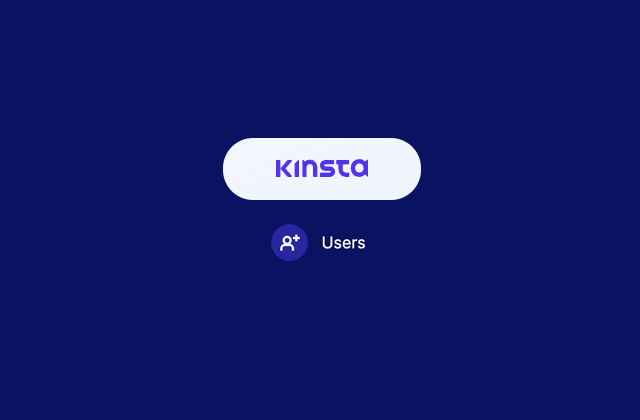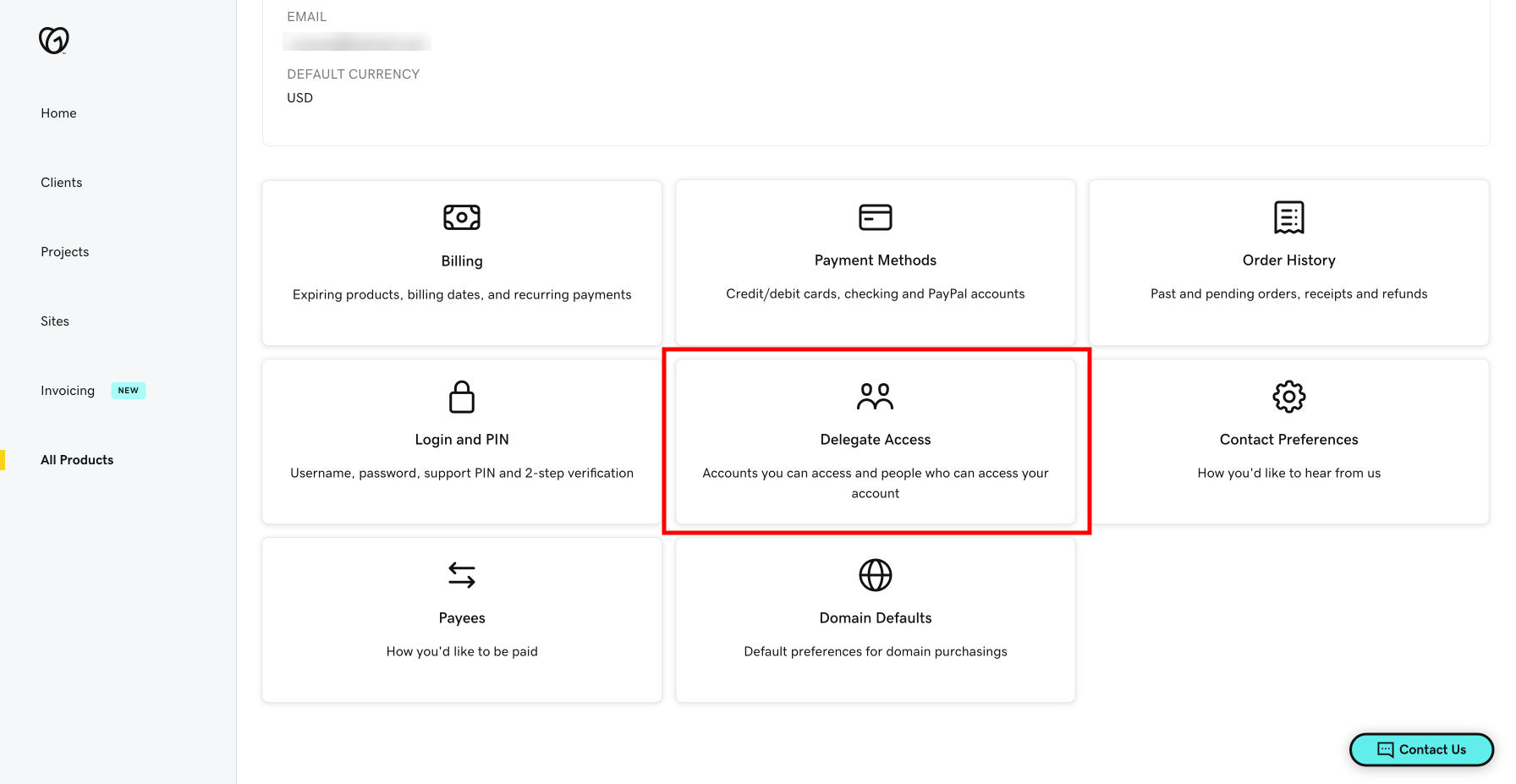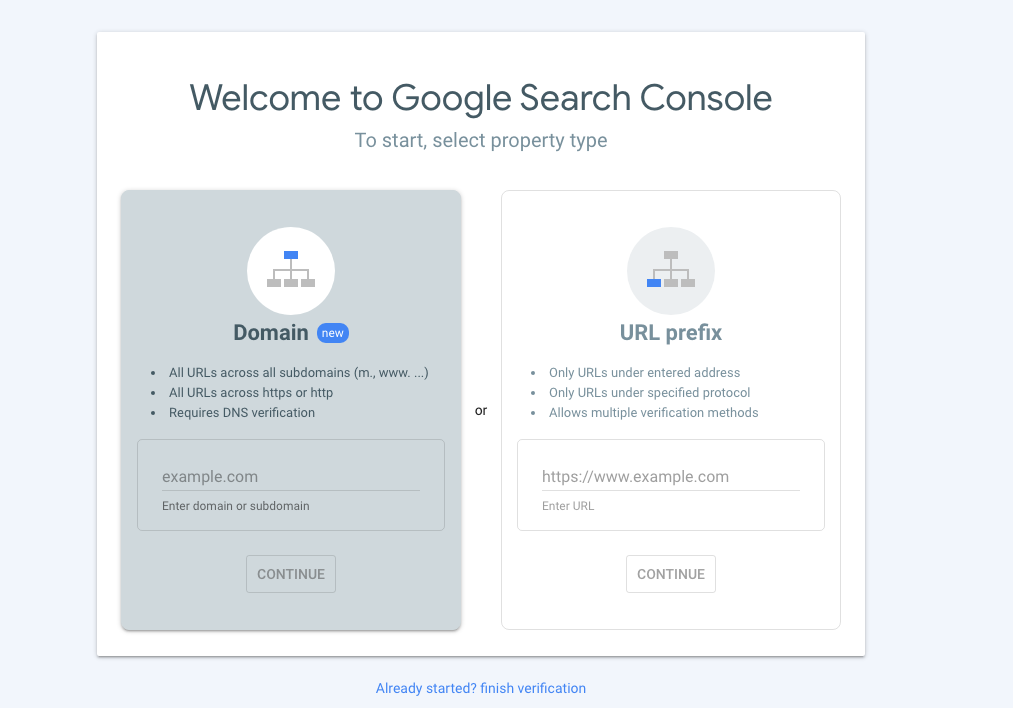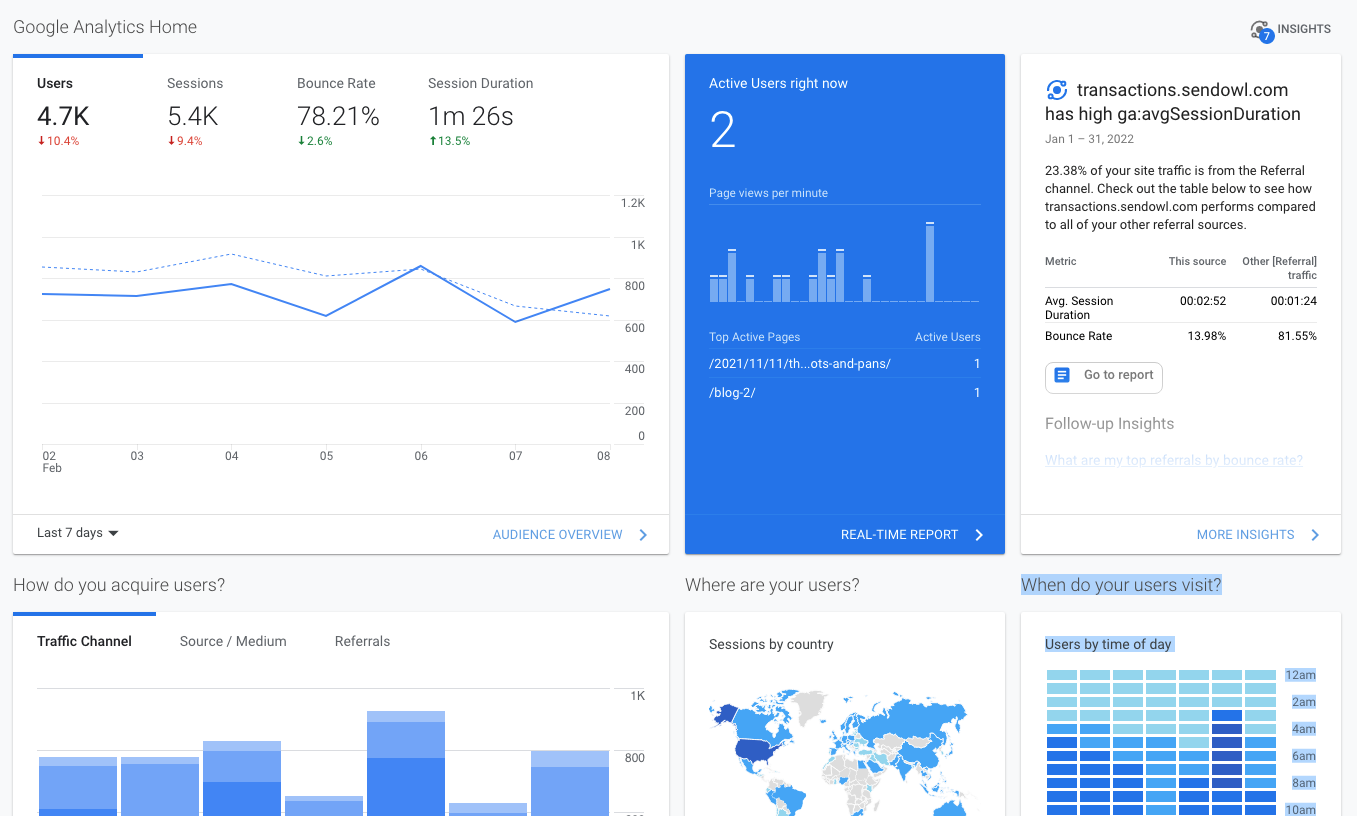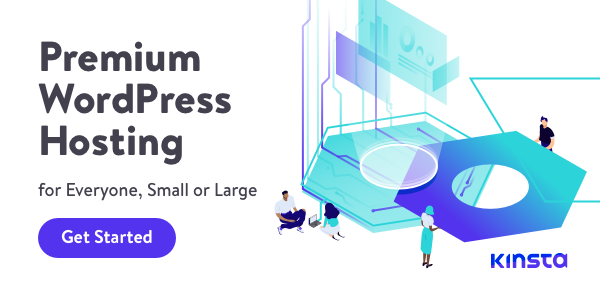Search engines use spiders to index websites. These little tools trawl through websites and rank them accordingly. Technical SEO can optimize your site and organically improve its search engine rankings. Of course, SEO must be used correctly to achieve the best results.
So, how can you use technical SEO?
What You Need to Know About Using Technical SEO

Every website is ranked according to its characteristics. Most search engines put specific sites above others, based on their technical abilities. For instance, responsive web design is always signaled out for preferential treatment in comparison to sites without. It is the same with secure web connections and sites with fast load speeds. Technical SEO is a tool your site requires to reach its highest potential in search engine rankings.
You must understand technical SEO and use it effectively.
Improve Your Site’s SSL Capabilities
An SSL – secure sockets layer – creates a secured link between a browser and web server. This link, however, is encrypted and creates a safe website. SSL sites are highly sought after by search engines because it signals the site is safe for web users. Typically, it means data entered on the site is more secure than if the site didn’t have SSL capabilities.
It is pretty easy to spot an SSL site by its URL. You’ll find the URL at the top of the search bar on a web page and, if has an SSL connection, will begin with HTTPS://. When the site’s URL begins with HTTP:// it signals it isn’t encrypted. That will have a deciding factor when it comes to search engine rankings.
Google, in the last few years, announced it was going to give priority to HTTPS:// sites over those that weren’t technically secure. It does make it even more important to have an SSL connection on your site. Fortunately, some sites have SSL built into them as default; although, it’s easy to obtain an SSL certificate and install it if your site doesn’t currently have one.
Your Site Needs to Be Mobile-Friendly to Boost Rankings

A website must be accessible – and viewable – on a range of platforms or devices to acquire excellent search engine rankings. When you have a fully responsive web design, it ensures your site is accessible because it’s mobile-friendly. That is something search engines love to see.
Responsive design adjusts to whatever platform it is viewed on, making the site easy to navigate and readable. It’s worth going the extra mile with responsive web design so that your site is available to a wider audience.
Often, the search engine algorithms signal out responsive web design and look to boost their rankings because it’s so accessible. Google has made its point of view clear on the matter too. They have taken a mobile-first approach and have said responsiveness is a top priority when it comes to content indexing.
So, it is an important element to consider and something your site needs. You should make your site fully responsive as it’ll make it freely available on desktops, mobiles, and tablet devices. It’ll be more receptive to search engines.
Boost Your Page Speeds to Increase Site Ranking

While you might disregard page speed as a priority, it has become a vital component of technical SEO. Remember, search engines want sites that are quick to load. They prefer it because it makes the site easier to index and is accessible to all web users.
Fortunately, there are many ways for you to boost the speed of your website.
- Keep Plugins Low: This will greatly reduce the HTTP requests going into the site and that’ll help to load it faster.
- Ensure Fast Hosting Is Used: This helps to keep the site’s speeds fast and effective for all users.
- Choose A Good Domain Name System Provider: A good DNS provider will make a huge difference to the speed of your website. It’s crucial to choose a DNS provider that is versatile so your site can increase its speeds rather than slow it down.
- Utilize GZIP To Speed the Website: By compressing all your web pages, it helps to speed the site up. It doesn’t compromise the site’s viewability and keeps speeds at a reasonable level.
- Keep All Image Files Small: Every time you use images or image files on the site, it’ll slow down. If you can, however, minimalize the images you can keep the speed up to par. Of course, you don’t want to over pixelate the image; however, using smaller files can help significantly.
- Reduce Your Site’s Code: Every website has a specific code; unfortunately, it can slow the site down. Removing line breaks, JavaScript, and unnecessary spaces will speed up your website.
- Stick to One CSS: CSS is the code that informs a browser how the content should be displayed on your website. You could have several running on your website; however, these slow the site down. Instead, keeping to just one CSS stylesheet could increase the site’s speed.
By boosting your website’s speed, you can make it faster and more effective for search engines and web users.
Find And Remove Duplicate Content
Duplicate content creates a major headache for your site – and search engines. While you might think it’s harmless, duplicate content can create confusion for the search engine algorithms, never mind web users. It’s a recipe for disaster and can impact your site negatively. Unfortunately, some website owners are tempted to use duplicate content as a means to underhandedly increase their search rankings. On another note, search engines want it gone.
Fortunately, it’s easy to fix these minor issues.
- Utilize Canonical Link Elements: This will tell search engines which is your main content version. It will only rank that content rather than go through several versions online.
- Remove Printer-Friendly Versions: You might not initially like the idea of removing printer-friendly versions of your content; however, it can prevent duplicate content issues from arising. Remember, every version slows your site down; when you prevent your CMS from putting out different content versions, it’ll fix the issue.
Create an XML Sitemap for Your Website
XML sitemaps are used by search engines to understand your site. The sitemap informs the search engines about each web page and where it is located. All sorts of useful information are given out by the XML, so your site must have one.
A sitemap shares certain snippets of information to search engines, those include:
- How Frequently the Pages Are Updated
- When the Site Was Modified
- The Priority of the Page on the Website
Creating an XML is possible through a sitemap generator and doesn’t take long to build.
Enable AMP To Speed Content Delivery
AMP HTML code is used to generate a web page. It can load quickly on a mobile device and is widely used to strip back a site’s content so that video, images, and content are left. Forums, comments, and scripts are disabled and that ensures the site is functional for mobile content.
Since AMP loads pages faster, the content is more likely to be shared and read by multiple viewers. This also increases the number of backlinks to your site. AMP is great for SEO and may even boost your search engine results too.
Use Structured Data Markup to Attract Users
Websites all have structured data. It is code and added to the site so that your content is understood by search engines. Structured data is useful to index your website and provide accurate results too.
It enhances search results via snippets. Snippets can be more visually appealing to web users as they highlight key data to draw viewers in. This helps to improve CTR – Click-Through Rates – and generates more traffic. It’s worth looking at structured data as it has the potential to be profitable.
Consider Signing Up for Bing Webmaster Tools and Google Search Console
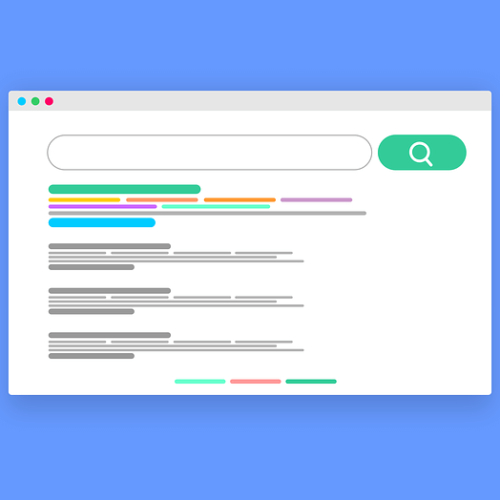
There are two main search engine options – Bing and Google – and their Webmaster Tools and Console features are entirely free to use. You can submit your website to Bing or Google or both and they’ll index and rank it. When you’re ready to launch the site online, submit the XML sitemap and your website will appear online.
Bing Webmaster Tools and the Google Console are versatile solutions to consider. They will also help you do the following:
- Remove Spam Links
- Access Search Analytics
- Test Mobile Usability
- View Backlinks
- Monitor Performance Closely
Google and Bing are two of the biggest search engines online and may yield the best results for your website.


